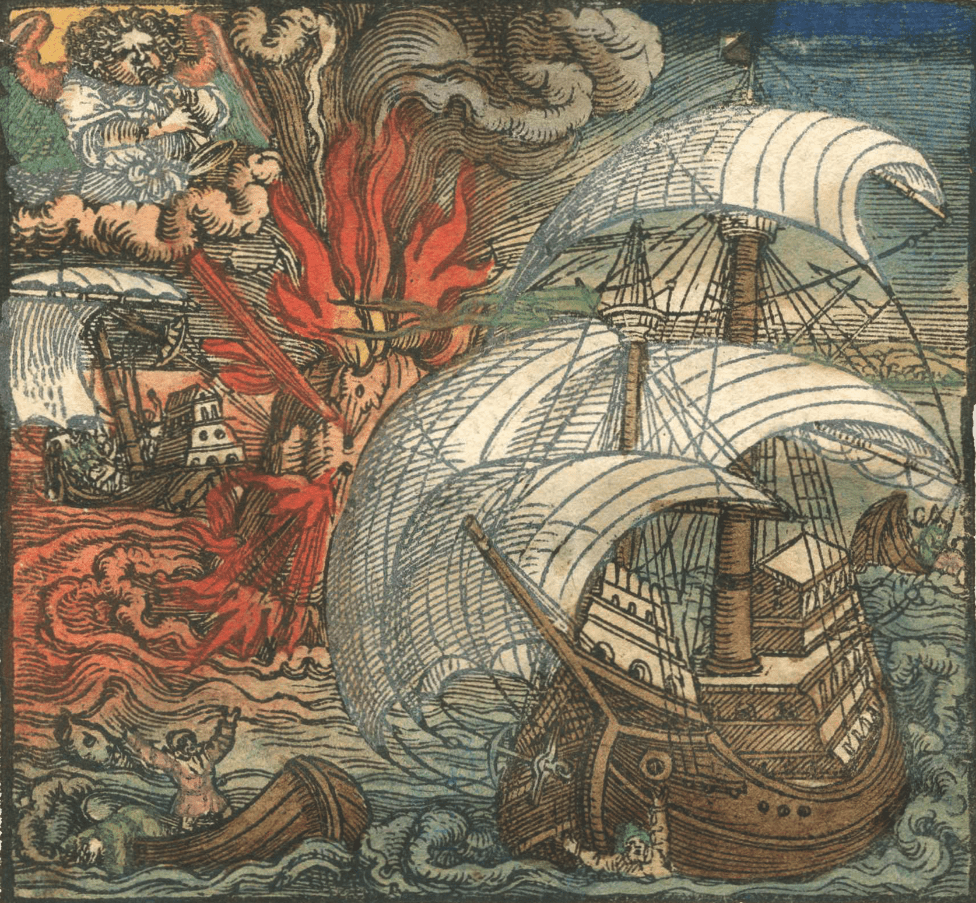
An Absolute Corker
The inside story behind one of the most curious pseudo-Masonic rituals around.
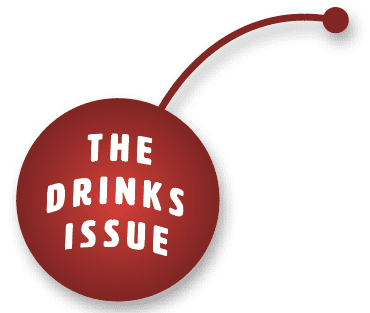
By Lily Young
When was the first time you enjoyed whiskey? Who were you with?
These are often the first questions whiskey master Steve Beal poses to guests at his famous tasting soirees. A brand ambassador for some of the world’s most respected liquor companies, Beal’s name is ubiquitous at industry events, competitions, and publications. But before he starts his well-rehearsed spiel on the king of spirits, he makes sure to ask his audience about their first impression of the stuff.
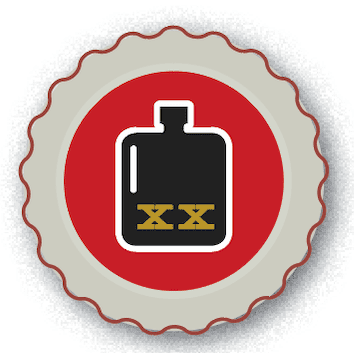 Unlike vodka or tequila—and the painful binges often associated with them—“Most everyone answers the whiskey question with a story, whether it’s about playing golf with their father or having a drink with the boss,” Beal says. “Whiskey is all about sharing stories.” His reverence ascends beyond the top shelf. “Whiskey has an oral tradition, like Masonry or religion,” he says. “There is a spiritual ethos to it.”
Unlike vodka or tequila—and the painful binges often associated with them—“Most everyone answers the whiskey question with a story, whether it’s about playing golf with their father or having a drink with the boss,” Beal says. “Whiskey is all about sharing stories.” His reverence ascends beyond the top shelf. “Whiskey has an oral tradition, like Masonry or religion,” he says. “There is a spiritual ethos to it.”
Beal’s invocation of the divine isn’t hyperbole. An ordained Episcopalian priest, he occasionally leads services at the famous Grace Cathedral in San Francisco. But his main calling in life has been spreading the word of uisge beath, the water of life. Since retiring five years ago as brand ambassador and whiskey master for the international distributor Diageo (owners of Johnny Walker, Lagavulin, and many others), he’s continued to work in consulting and public relations for the industry. He’s also been a judge for the past 27 years at the San Francisco World Spirits Competition, the largest, longest-running drinks contest in North America.
Beal’s spirits credentials are impressive: In addition to working as a drinks journalist, he’s a member of the Whisky Magazine Hall of Fame, a life member of the Keepers of the Quaich Society (an honor bestowed by the Scotch whisky industry), and a recipient of the U.S. Bartenders’ Guild Lifetime Achievement Award.
However, Beal is best known for holding court at tasting parties, like the one he hosted in 2014 for Prometheus No. 851 at the University Club in San Francisco. (Beal was raised at Santa Rosa Luther Burbank No. 57 and most recently affiliated with Table Mountain No. 124.) Jordan Yelinek, past master of Prometheus, recalls that Beal spared no expense when it came to the lodge’s education. The 10 tastings started with Johnny Walker Blue ($189 a bottle) and went up from there. “You walked away not just with a knowledge of the whiskey, but a virtual picture of Scotland. He enlivens the spirits,” Yelinek says.
There are three typical questions posed to Beal during his tastings: How is whiskey made? “That’s a less interesting question,” he says. The second is about the proper way to drink it, which he isn’t prescriptive about. Beal himself gives a whiskey a deep sniff after the pour, then adds half a spoonful of water, sniffs again, and swishes it in his mouth.
The third, and most important, question is the “why” of whiskey. As in, why all the fuss? This is a spiritual issue as much as a social one. Beal points to whiskey’s early medicinal use by European and Asian monks who employed the spirit in tinctures, mixing it with herbs and spices. The process of distillation quite literally removes the spirit from its host—what Beal explains as “taking the secret of life and extracting it from the grain.”
It’s a poetic echo of the religious that Beal sees elsewhere in the world of whiskey. “Distilling is a process,” he says. “It starts with an apprenticeship, and you work your way up to master. Everything where people have passion for what they do follows a certain path. Masonry is also a good analogy. It’s the story of human life.”
PHOTOGRAPHY CREDIT:
Steve Beal

The inside story behind one of the most curious pseudo-Masonic rituals around.
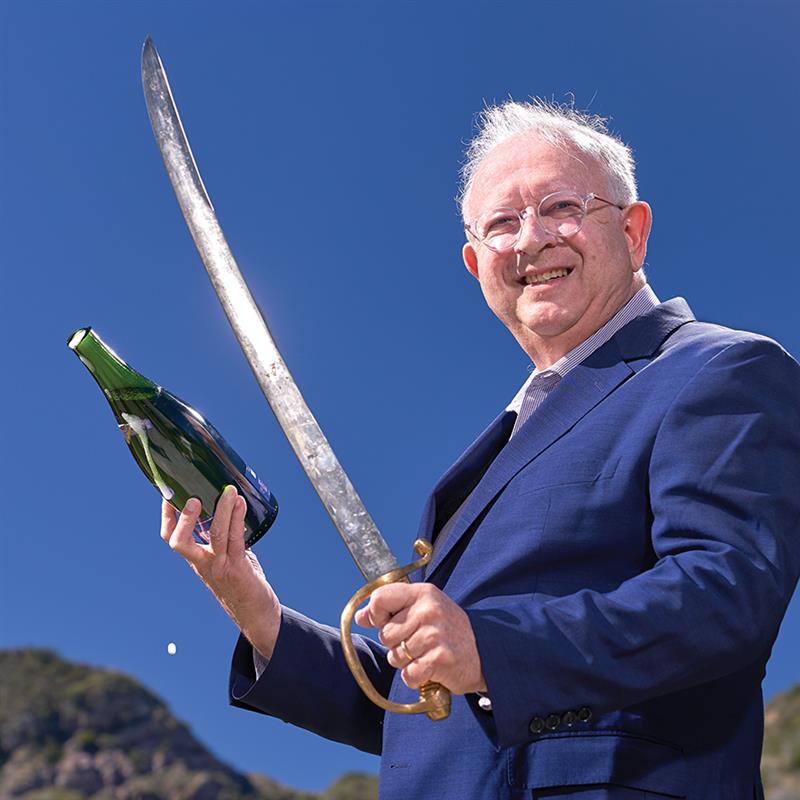
At Club 50, Phillipe Milgrom gathers Masons for a taste of the good life.
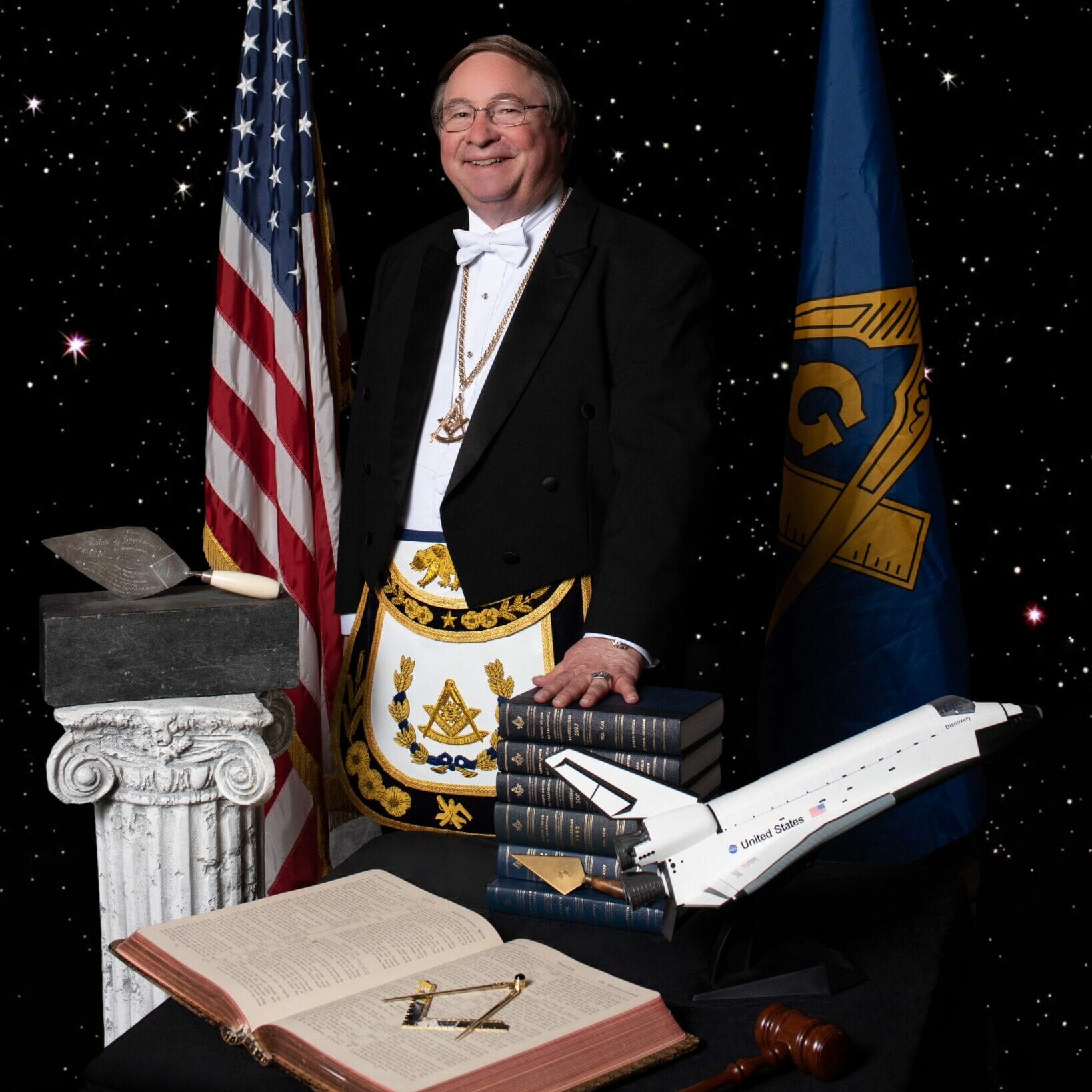
Grand Master Arthur Weiss toasts a historic Masonic tradition.